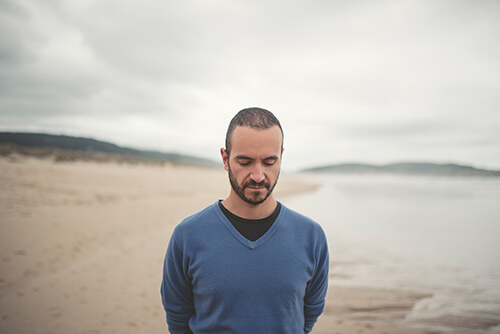There isn’t one right therapy for addiction. Every person brings his or her own history, triggers, and strengths to treatment. That is why there are several common types of addiction therapy. Each therapy comes at the struggle from a different angle.
Cognitive Behavioral Therapy (CBT)

If stress is a person’s only trigger to abuse drugs or alcohol, poor coping skills are the problem. The substance use needs treatment, but it’s a symptom.
Constant abuse is different. It comes from unhealthy thought patterns. Getting promoted or getting a parking ticket deserves a response, but not the same one.
CBT helps people see how they relate to their thoughts and feelings. This lets people find the patterns in their daily life. Then, they can knowingly make different choices about their actions.
Holistic Therapy for Addiction
Addiction often has roots in and consequences for the body. The prefrontal cortex plays a role in logical processes, planning, and impulse control. These are all things that people with addictions struggle with because that part of the brain isn’t managing dopamine the right way.
The prefrontal cortex soaks the brain with dopamine when these individuals use. This creates a false sense of pleasure. It also makes a person want the drug or alcohol more.
Substance abuse hurts muscles and nerve endings, too. Only time and healthy living fix those problems.
Holistic therapy for addiction treats both of the issues. Working with horses, for example, focuses on planning and decision-making. That strengthens the prefrontal cortex. Going to a gym or yoga classes helps to speed the body’s healing.
Experiential Therapy for Addiction
Experiential addiction therapy offers another choice. It helps people channel feelings, restless energy and anxiety into structured activities.
Playing sports lets people work on making decisions within rules. Art treatments, such as writing or photography, offer chances to express troubling feelings. Tai Chi or yoga can take the worst edges off of anxiety.
Wilderness therapy lets people connect with nature. Spending time in nature often helps people stay calm. It also lets people push themselves. Achieving a difficult goal, like a long mountain hike, starts restoring lost confidence.
Other Common Therapy for Addiction
Addiction is complex. That means therapy for addiction must take many forms. Below are some other common approaches:
- Dual diagnosis therapy
- Dialectical behavioral therapy
- Drug therapy
Everyone brings their own strengths and needs to addiction therapy. Some people need to talk. Others need to stay active. Fortunately, there are therapies that cater to both the mind and body.
You don’t need to let addiction control you. You can beat it by going to a quality rehab program. Reach out to us today at 866-377-4761 and start your road to recovery.


